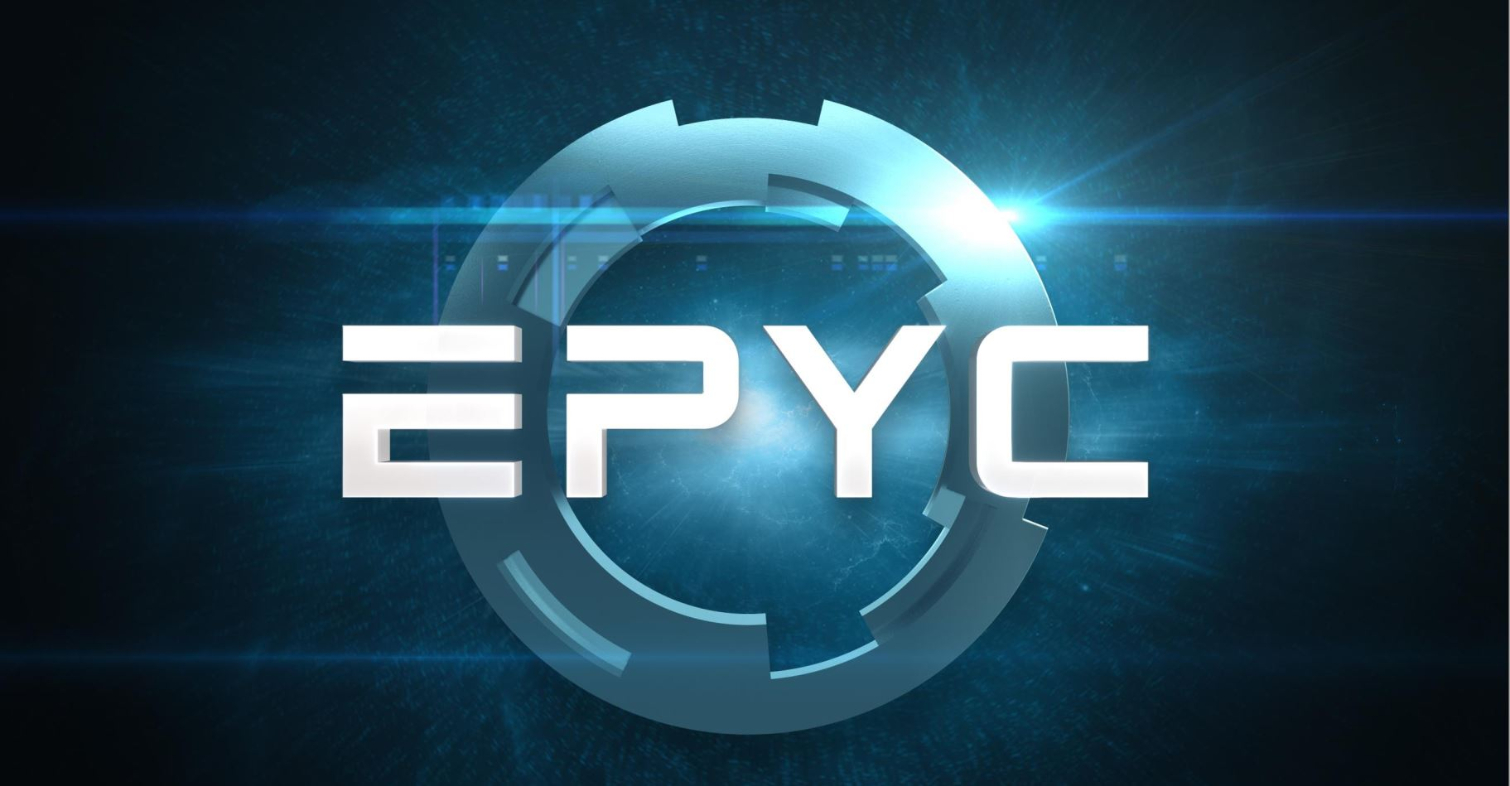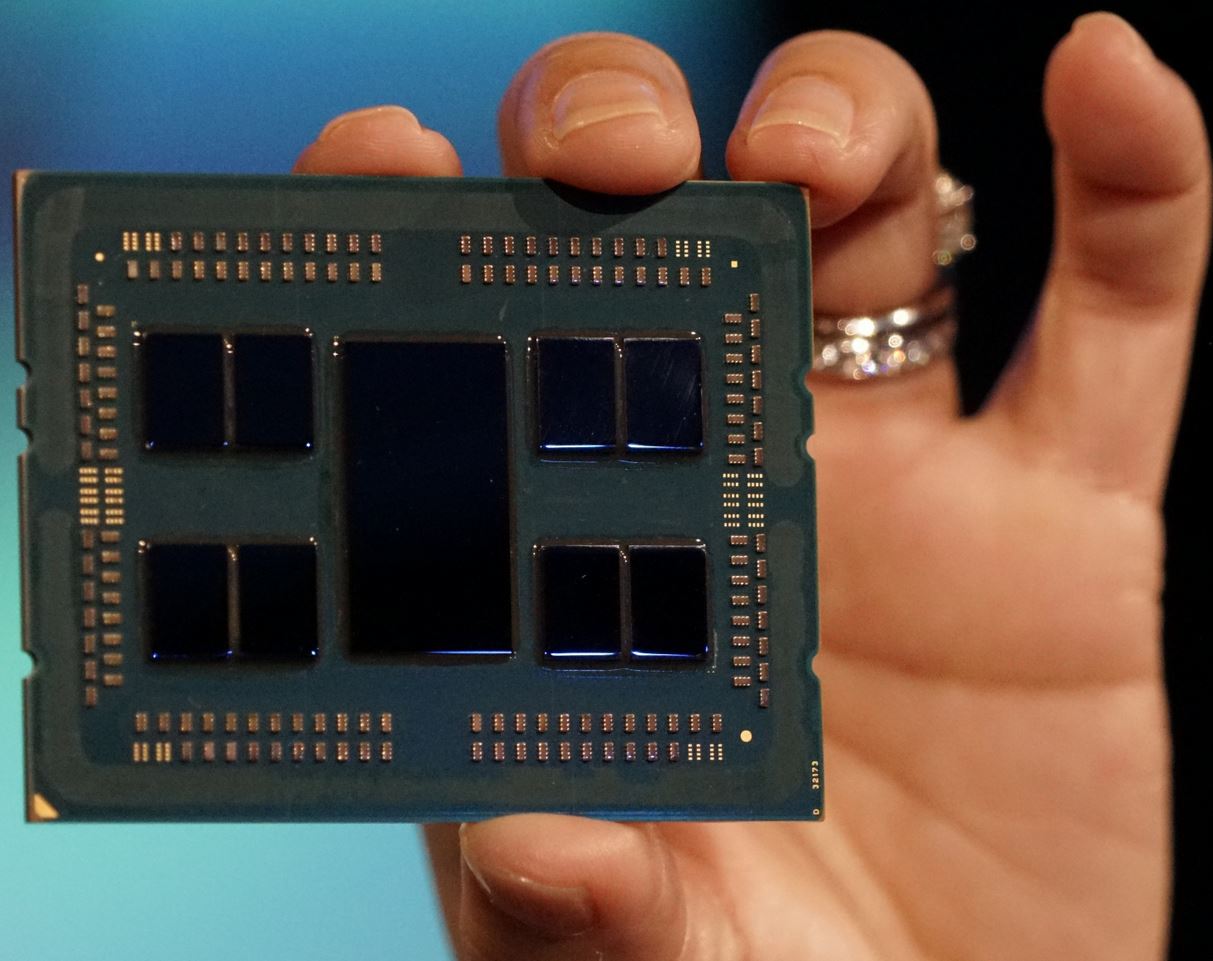Dell Reverses Course, Tripling AMD EPYC Server SKUs, Supporting 7nm Rome Chips: Report
Apparently EPYC's increasing popularity has changed Dell's mind. Last year Dell CTO John Roese notoriously said the company did not expect the server market to become a "duopoly" with the arrival of AMD's EPYC server chips, claiming the new chips wouldn't change Dell's portfolio in a "meaningful way."
But in a recent interview with Itpro.co.uk, Dell representative Dominque Vanhamme said Dell expects to triple its EPYC server offerings by the end of the year. The company will also launch new servers based on AMD's 7nm EPYC Rome processors.
AMD has slowly but surely made progress with its existing EPYC Naples data center processors, now capturing ~5% of the server market, but the arrival of its 7nm EPYC Rome processors could be the catalyst that boosts AMD to its goal of double-digit market share. Data center customers are reluctant to adopt new architectures, largely due to extended qualification cycles, and tend to wait until a processor vendor is proven to be a reliable supplier.
Aside from 7nm Rome's promise of a beastly 64-cores and 128-threads in a single package, the new chips will also prove that AMD can deliver on its roadmaps. That's the real win in the eyes of data center customers because it signals that the expensive qualification process won't amount to a one-off expense.
Dell also plans to expand its current lineup of Naples-powered servers, too. Vanhamme, Dell's EMEA Vice President and General Manager, said the company plans to triple the number of EPYC servers it offers, currently numbered at three, by the end of the year. Even with the possibility of nine servers in Dell's armada, that still pales in comparison to Intel's 50 SKUs, highlighting that AMD will still face challenges.
Intel's partner and incentive programs are powerful tools that help the company defend its market share, but AMD currently doesn't have nearly the same resources at its disposal. That should change as the company begins to gain more market share, which is an almost certainty with the 7nm processors that should offer pricing and power consumption advantages. That should ultimately help speed the rate of EPYC adoption.
AMD also doesn't have as large of an army of support engineers as its competitor, so for now, the company is picking its shots wisely. AMD has focused on penetrating the lucrative cloud service providers, steadily picking up big wins along the way, which reduces the need for widespread field support and enables potential customers to test out the processors with very little upfront investment. The company is also shrewdly focusing on large hyperscale customers that purchase in volume.
Get Tom's Hardware's best news and in-depth reviews, straight to your inbox.
In either case, Vanhamme also said that AMD is already picking up steam in the general purpose market, too, which is a nice complement to its increasing uptake in the supercomputer space.
AMD has announced that its EPYC Rome processors will come to market in limited quantities in Q2 2019, with full high volume manufacturing kicking in the following quarter. Rome is coming soon, but AMD hasn't shared detailed specifications and pricing yet. We expect those details to come to light within the next few months.

Paul Alcorn is the Editor-in-Chief for Tom's Hardware US. He also writes news and reviews on CPUs, storage, and enterprise hardware.



